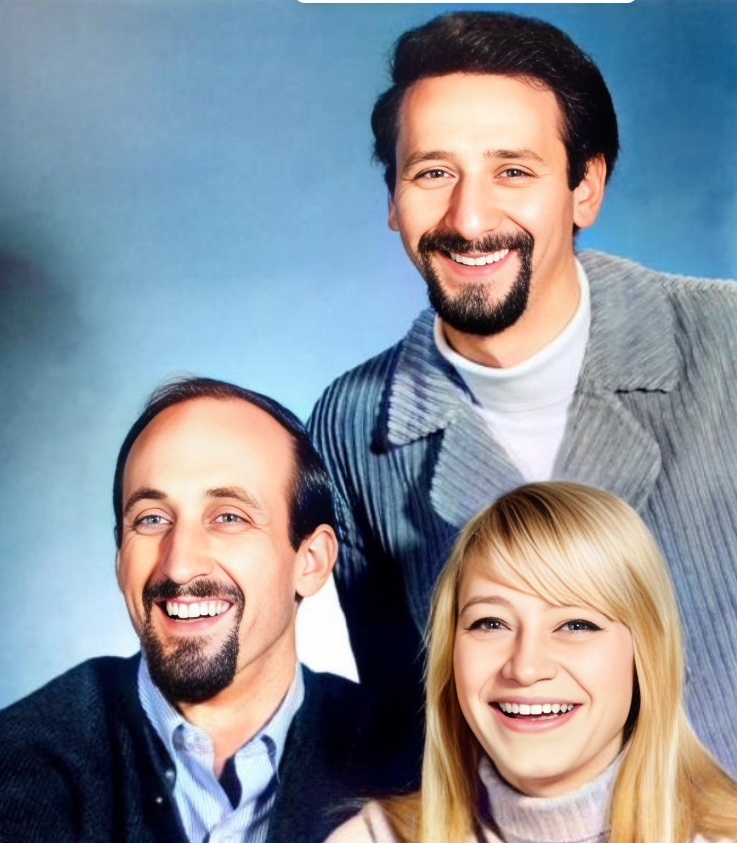
“Puff, the Magic Dragon,” released in 1963 by the folk trio Peter, Paul and Mary, remains one of the most iconic and beloved children’s songs of all time. Peter, Paul and Mary, comprised of Peter Yarrow, Paul Stookey, and Mary Travers, were at the forefront of the American folk revival in the 1960s. Known for their socially conscious lyrics and harmonious vocals, they used their music to address issues of peace, justice, and equality. While “Puff” might seem like a simple children’s ditty, it quickly climbed the music charts, reaching number two on the Billboard Hot 100. The trio garnered numerous accolades throughout their career, including multiple Grammy Awards and inductions into the Vocal Group Hall of Fame.
The song tells the tale of Puff, a whimsical dragon, and his childhood friend, Jackie Paper. As Jackie grows older and loses his childlike wonder, he stops visiting Puff, leaving the dragon lonely and heartbroken. The song’s gentle melody and evocative lyrics have sparked countless interpretations, the most persistent being the drug allegory, which the group has vehemently denied. They maintain the song is simply about the loss of innocence and the inevitable transition from childhood to adulthood.
“Puff, the Magic Dragon” has resonated deeply with audiences across generations. For children, it’s a magical story of friendship and imagination. For adults, it evokes a sense of nostalgia and reminds them of the fleeting nature of childhood. While the controversy surrounding its true meaning has persisted, the song’s enduring appeal lies in its simple, yet profound, exploration of universal themes of friendship, loss, and the bittersweet passage of time. It continues to be a staple in children’s music collections and a poignant reminder of the power of imagination.